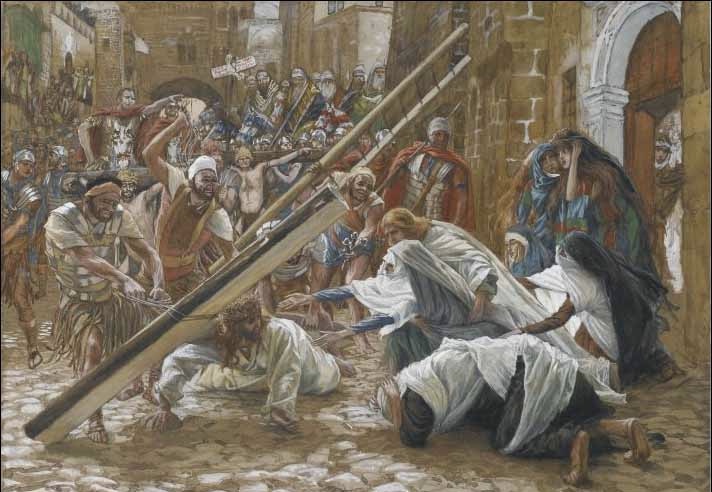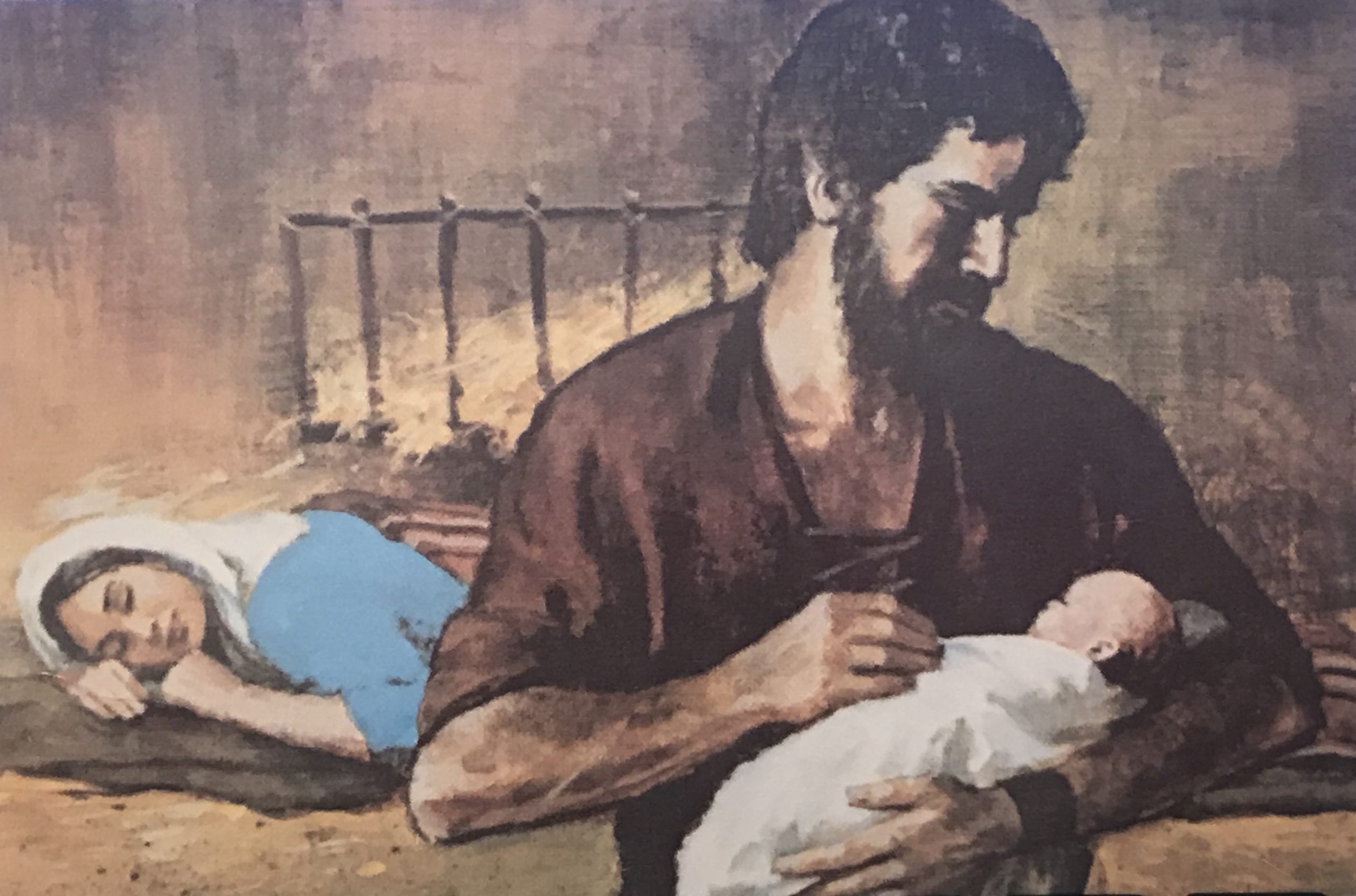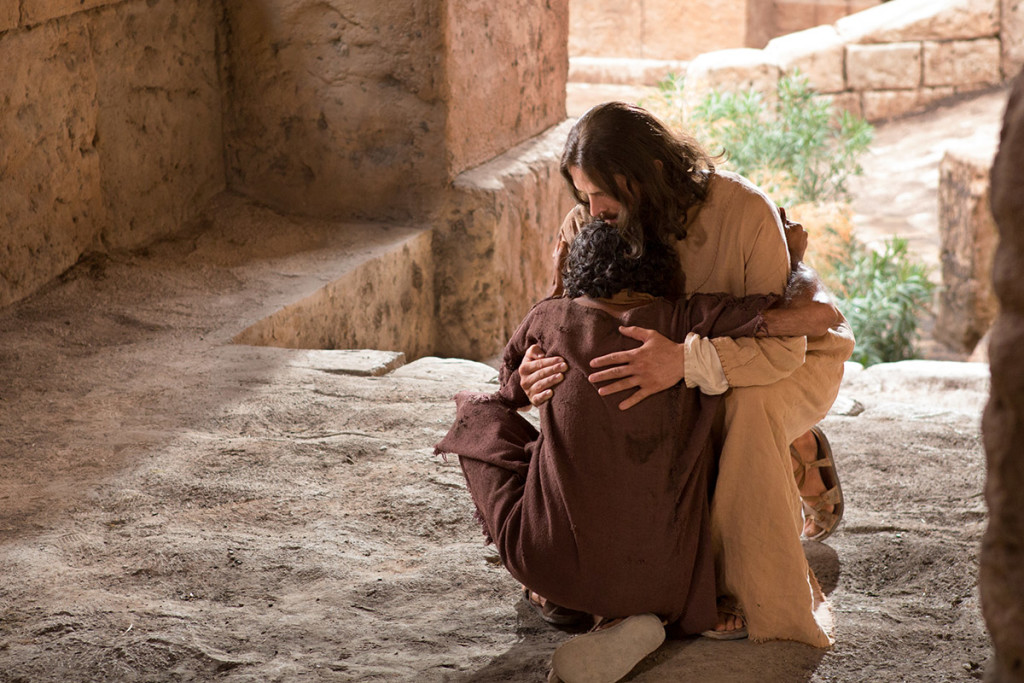This Lent is different from every other Lent we have ever experienced and we all can sense that we need to respond to Our Lord’s call to repent. We are sincere in our desire to do better, just as we are every year, but this year we need to go deeper. Every Lent we work on giving up our vices, sins, and bad habits and succeed for a short time, but then we slide backward. This happens because we are only pulling out the weeds that are easily visible; we need to dig deep and pull out the roots. At the root is our lack of forgiveness. Yes, we do struggle to forgive, again and again, and we keep having to forgive every time something triggers the memory of the hurt and the pain. We need to get to that place where we can let go of the pain.
Letting go of the pain is not easy. As bad as it is, it is ours and we therefore hold onto it. Sit with that a minute because I am pretty sure you have not thought about it quite this way before. The hurts we have experienced, whether physical, emotional, or psychological can run very deep. When we refuse to let them go, it is like keeping a vicious dog chained in our yard near our front door. Every time we go near the dog it bites us. We should get the dog out of our yard, but we don’t. We keep letting it bite us and injure us every time we go by. We have anxiety about leaving the house, but we still keep the dog. Even worse, it keeps our beloved Jesus on the other side of fence when he really wants to be invited and welcomed into our home. Yes, our lack of forgiveness creates a barrier so that Jesus is unable to dwell in our hearts (He respects our free will) and bring with Him His peace.
There are so many different reasons how and why we got here, but there is one path out of this pain. We need to take our suffering to Jesus. Confess our sins and our lack of forgiveness. The Holy Spirit can bring us graces to help us. Spend time in Eucharistic Adoration every week. It is in the silence that Jesus comes to us to heal us. This takes time, so carve out an hour a week for a new habit. Meditate on the Sorrowful Mysteries. What was Jesus experiencing and how was He feeling? He has experienced every suffering that we have ever had so He understands. If we offer up our suffering to Him and join it to His suffering on the Cross, our suffering takes on redemptive value, and like Jesus, our Heavenly Father will send us angels to help us in our suffering and our own St. Simon to help us carry our crosses. The cross doesn’t go away, but we will be at peace and be given the grace to let go.
Once the vicious dog is gone, we can transform our hearts into an inviting garden. We find it easier to replace bad habits with good habits. Our prayers and Lenten offerings really become magnified and our prayers are more fruitful. A heart that gives mercy is also more open to embracing the mercy that Jesus offers us. When Jesus emerges from the tomb on Easter Sunday, we too will emerge as a better version of ourselves, ready to receive the renewal of the gifts the Holy Spirit at Pentecost.





